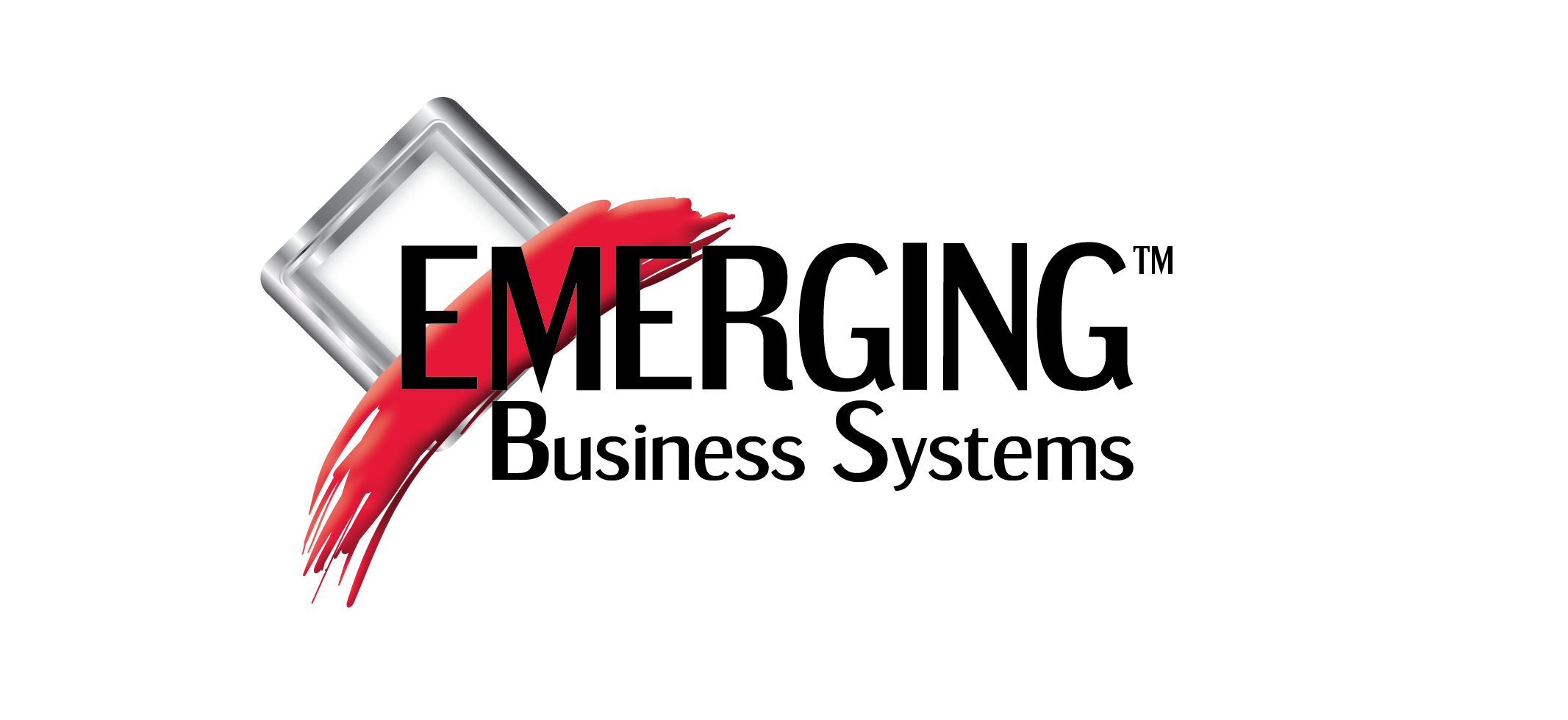Domain Registration Scams
 Buying and registering a domain name is necessary for any entity with a website. What is a domain name? It’s simply the letters assigned to the IP address for a site, such as “www.yourwebsite.com.” While this isn’t very complex, domain registration scams are unfortunately common, which can cause many issues. Many people are targeted by these scams each month. Below, you’ll find out more about common types of domain scams and the steps you can take to protect yourself against these scams.
Buying and registering a domain name is necessary for any entity with a website. What is a domain name? It’s simply the letters assigned to the IP address for a site, such as “www.yourwebsite.com.” While this isn’t very complex, domain registration scams are unfortunately common, which can cause many issues. Many people are targeted by these scams each month. Below, you’ll find out more about common types of domain scams and the steps you can take to protect yourself against these scams.
What You Should Know About Domain Names
To start, we’ll discuss domain names and how they are obtained. You register a domain name for a site via another entity. There are many reputable companies that handle this, such as HostGator, Bluehost, and GoDaddy. Domains are purchased in year-long increments, and it is possible to purchase a domain for as long as 10 years.
The company you used to create your website may register your domain or domains for you. This means that domain information may not be readily available. It’s possible that you are no longer in touch with the company that registered your domain. Since domains are registered for at least a year at a time, it’s easy to forget which domains you own or where those domains are registered.
If you see a reference to transferring your domain name, you should proceed with caution. It’s likely that someone is attempting to persuade you to transfer your domain name to a new company when you renew it. It’s no wonder that people fall for these scams. Renewing your domain is a necessary step, and if you receive a message like this around the time your domain needs to be renewed, you may not be aware that you won’t just be renewing that domain, but you’ll also be transferring the domain to a new company. This scam often appears as a letter or a bill, but people may also be contacted on the phone or through email.
A reputable company won’t ask you to transfer your domain during the renewal process. That’s why you’ll want to ignore these kinds of requests. Take the time to see when your domain expires and where it was registered. If you receive a domain related bill from another company, you’ll know that it’s not legitimate.
What You Can Do To Avoid Domain Name Scams
There are plenty of things you can do to protect yourself from domain name scams.
Above all else, you’ll want to make sure you know the name of your domain name registrar. You’ll also want to keep track of when your domain names are set to expire. You can get this information by visiting whois.net and entering your domain name. Look for a section that says “Registrar URL.” The name you’ll see here is the name of your registrar. You’ll also be able to see when the domain is due to expire. If you’re not in contact with your registrar, reach out to them now. Make sure you keep this information in a safe place.
If you receive a message about your domain, you’ll want to read it carefully. Certain scams are more advanced than others are, but there will always be warning signs that something’s wrong. Don’t ever give out sensitive information on a site or on the phone unless you’re completely sure that it’s legitimate.
Don’t use an intermediary when it’s time to renew your domain name. Do it directly through your registrar. With that said, if you have domain names that are owed by multiple companies, you’ll may want to look into transferring them all to a single company. When you only need to deal with a single account, it’s far less likely that you’ll miss a renewal date or fall victim to one of these scams. However, if your domain(s) are owned by a legitimate company already, there usually won’t be any reason for you to switch.
Make sure both you and two of your employee are listed under your ICAN WHOIS registration as the Registrant Contact, Tech Contact, and Admin Contact. The way, if a domain is nearing its expiration date, you’ll know that someone will be notified, even if you go through staffing changes.
